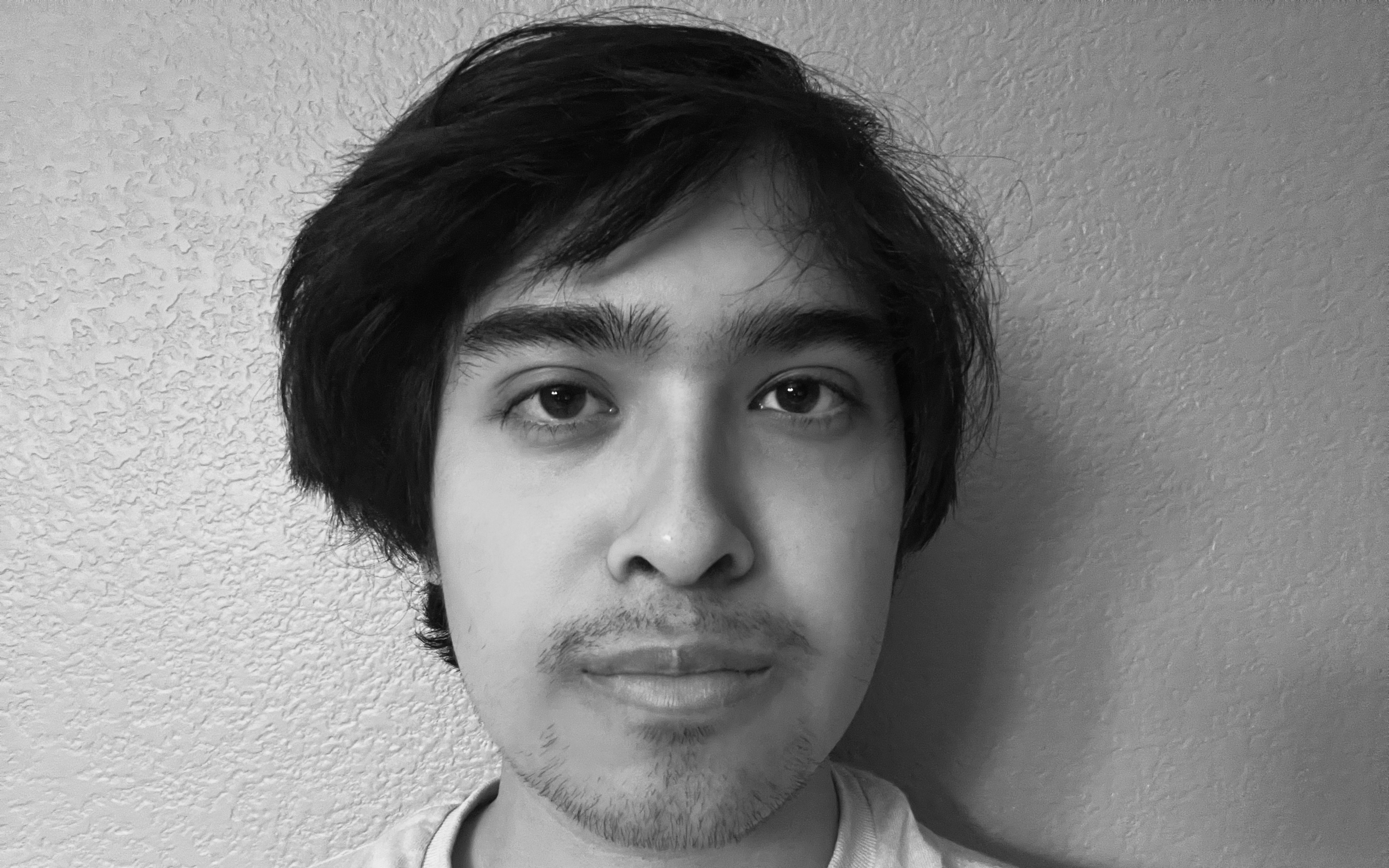We Are America
Shades of Color
By Ethan

Southwest Career and Technical Academy , Las Vegas, Nevada
As a child, I harbored the belief that the world was literally black-and-white. I vividly recall viewing pictures of Martin Luther King Jr. during social studies in first grade, gazing, awestruck at the monochromatic photos. When I got home, I curiously asked my father: “Why did the world just change to color? And when did it happen, anyways?”
After he explained the scarce availability of color film, I understood the answer to my seemingly silly question. My father was right in more ways than one: the world never has been black-and-white. It has always been bright, colorful, and wonderfully complicated. When my question was answered, It took me much longer to realize that it didn’t operate in black-and-white either. In fifth grade, I competed in a class debate around the construction of the Dakota Access Pipeline. This federal oil project would cut through Indigenous lands to increase domestic energy production. My teacher assigned me a position to affirm the construction of the pipeline. With poor research skills and a week before the due date, I began my campaign to scavenge information.
From the start, I had my eyes on the prize— my sole concern was winning an argument. Every article I compiled for the assignment reinforced my viewpoint, quickly became true to me, and promptly became “my own” opinion. I read countless articles about how many fail-safes the Dakota Access Pipeline had, ensuring that no oil would pollute the environment. I read about how much money the United States would save from sourcing energy domestically. I read about eminent domain and the legal right to seize land to build public infrastructure. All these factors contributed to my black-and-white truth, and I stood behind my views with a firm conviction. The night before the project was due, I had a revelation that would alter the course of my life.
Around midnight, in the depths of my research, I stumbled across anti-construction testimony from a Cree Nation Elder who uttered this proverb. His face in the video— worn and weathered, witness to the hardships of many generations past, was now presented with a new struggle. I listened intently and felt the power of his words, which resonated with my conscience:
“Only when the last tree has died, the last river has been poisoned, and the last fish has been caught will we realize we cannot eat money.”
Throughout my research, I tried to block out contradicting viewpoints out of fear— fear that it would ruin my confidence. Yet, I could no longer obscure my vision of outside perspective. I spent the night drowsily contemplating his words before the debate the following day. Mulling over the issue, I felt my mind had been changed, and my vision became clearer and colorful by daybreak before class. On the day of the debate, I ultimately argued my assigned position. But more importantly than winning a moot exercise, I walked away learning more than I started with. By remaining open-minded, I found my lifetime passion for debate and advocacy. By hearing something that I was scared to internalize, I could evolve and see the world's wonderful, hidden details.
I see America as a country that revolves around vision. The world has always been colorful and diverse, but some may lack the ability to see its beautiful shades through their cameras. My picture of the world was once black-and-white but morphed into a colorful mosaic; what matters is that we all take it upon ourselves to look closer at the details of our world. I now always search for shades of green, rustic browns, and crystal blues— that tinge of wonderful color that adds character, beauty, and nuance to the story of America.
© Ethan . All rights reserved. If you are interested in quoting this story, contact the national team and we can put you in touch with the author’s teacher.